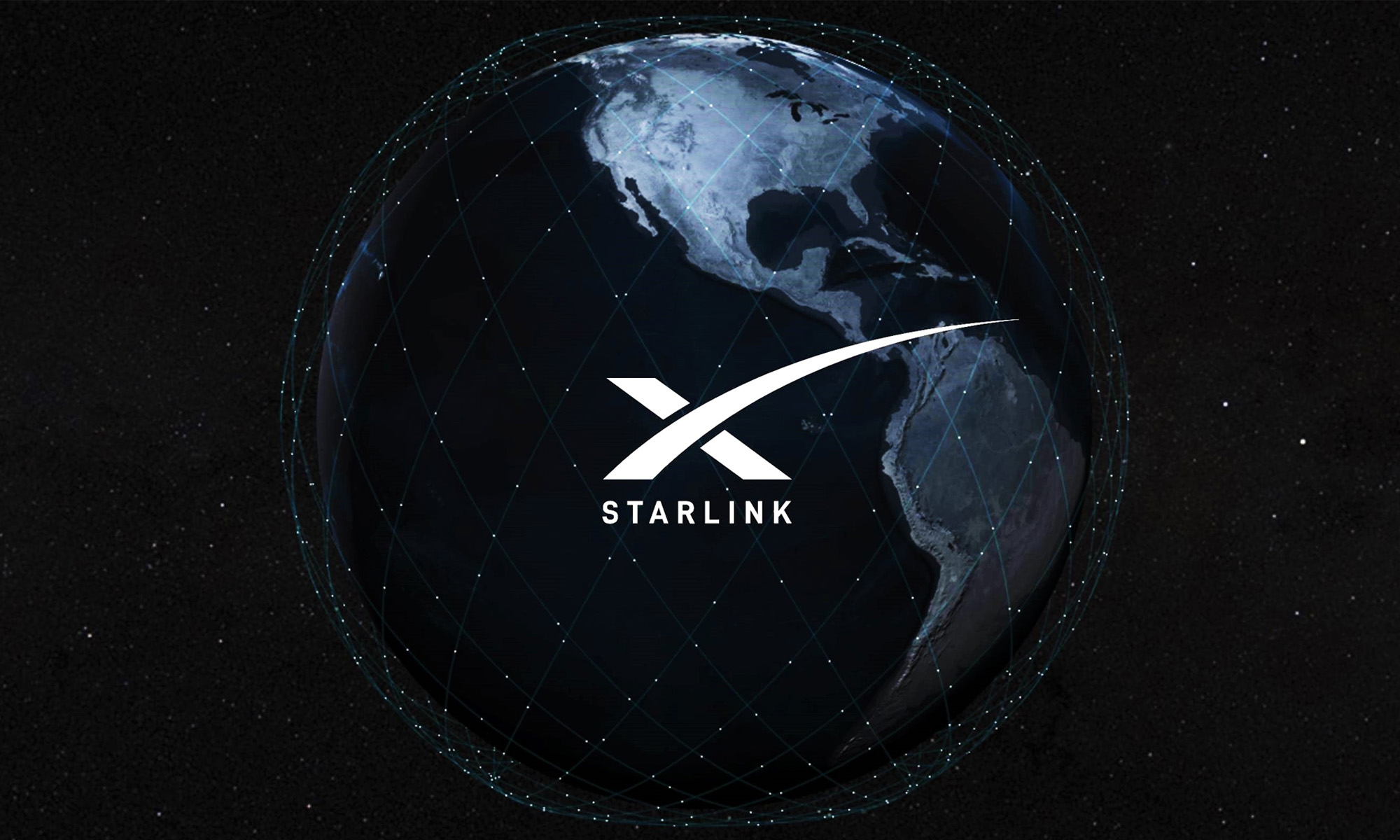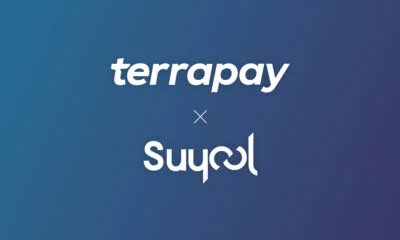News
Starlink To Launch In Lebanon As Soon As 2022

After launching its beta service to select customers across the United States and Canada, Elon Musk’s satellite internet constellation, Starlink, is set to launch in Lebanon as soon as 2022.
Last year, Lebanese computer science researcher Nadim Kobeissi asked Elon Musk on Twitter to position one of his satellites over Lebanon. His tweet quickly gained traction among other Lebanese Twitter users, many of which have to rely on slow and unreliable internet connections that are behind the rest of the world.
To everyone’s surprise, Musk replied, assuring Nadim that Starlink would provide global coverage. Well, it’s now clear that Musk was serious because pre-orders are already available with a fully refundable deposit of $99. The deposit will go toward the cost of the hardware kit ($499), the monthly service fee ($99 a month), and the shipping & handling fee (varies from region to region).
The fine print states that paying the deposit doesn’t guarantee availability. Instead, the deposit gives the payer’s order a higher priority in their region for ordering Starlink when it becomes available in the future.
Those who receive the Starlink kit can look forward to data speeds between 50 Mbps and 150 Mbps and latency from 20 ms to 40 ms, which is good enough for online gaming, high-definition streaming, and video conferencing. Both speed and latency are promised to keep improving as SpaceX, the company behind Starlink, launches more satellites and improves its software.
Already, around 1,000 Starlink satellites have been launched into orbit, but SpaceX has sought approval for tens of thousands more. Other private companies that are planning to launch satellite internet constellations include OneWeb, Amazon, Samsung, and Boeing.
Also Read: Instagram Music Is Finally Available In The Middle East
At the moment, satellite internet access is aimed mostly at people living in rural and hard-to-reach locations, where wired connectivity has typically been a challenge. As the technology improves and the number of satellites in orbit increases, it’s possible that it will become a viable alternative to broadband internet even in otherwise well-connected areas.
It still isn’t clear whether or not the Lebanese government will formally allow the use of Starlink within the country as Ogero, Lebanon’s state telecommunications operator, doesn’t allow the use of Internet services that don’t pass through their network. It will be interesting to see what their take is on the matter.
News
Rabbit Expands Hyperlocal Delivery Service In Saudi Arabia
The e-commerce startup is aiming to tap into the Kingdom’s underdeveloped e-grocery sector with a tech-first, locally rooted strategy.

Rabbit, an Egyptian-born hyperlocal e-commerce startup, is expanding into the Saudi Arabian market, setting its sights on delivering 20 million items across major cities by 2026.
The company, founded in 2021, is already operational in the Kingdom, with its regional headquarters now open in Riyadh and an established network of strategically located fulfillment centers — commonly known as “dark stores” — across the capital.
The timing is strategic: Saudi Arabia’s online grocery transactions currently sit at 1.3%, notably behind the UAE (5.3%) and the United States (4.8%). With the Kingdom’s food and grocery market estimated at $60 billion, even a modest increase in online adoption could create a multi-billion-dollar opportunity.
Rabbit also sees a clear alignment between its business goals and Saudi Arabia’s Vision 2030, which aims to boost retail sector innovation, support small and medium-sized enterprises, attract foreign investment, and develop a robust digital economy.
The company’s e-commerce model is based on speed and efficiency. Delivery of anything from groceries and snacks to cosmetics and household staples is promised in 20 minutes or less, facilitated by a tightly optimized logistics system — a crucial component in a sector where profit margins and delivery expectations are razor-thin.
Despite the challenges, Rabbit has already found its stride in Egypt. In just over three years, the app has been used by 1.4 million customers to deliver more than 40 million items. Revenue has surged, growing more than eightfold in the past two years alone.
Also Read: Top E-Commerce Websites In The Middle East In 2025
CEO and Co-Founder Ahmad Yousry commented: “We are delighted to announce Rabbit’s expansion into the Kingdom. We pride ourselves on being a hyperlocal company, bringing our bleeding-edge tech and experience to transform the grocery shopping experience for Saudi households, and delivering the best products – especially local favorites, in just 20 minutes”.
The company’s growth strategy avoids the pitfalls of over-reliance on aggressive discounting. Instead, Rabbit leans on operational efficiency, customer retention, and smart scaling. The approach is paying off, having already attracted major investment from the likes of Lorax Capital Partners, Global Ventures, Raed Ventures, and Beltone Venture Capital, alongside earlier investors such as Global Founders Capital, Goodwater Capital, and Hub71.
























